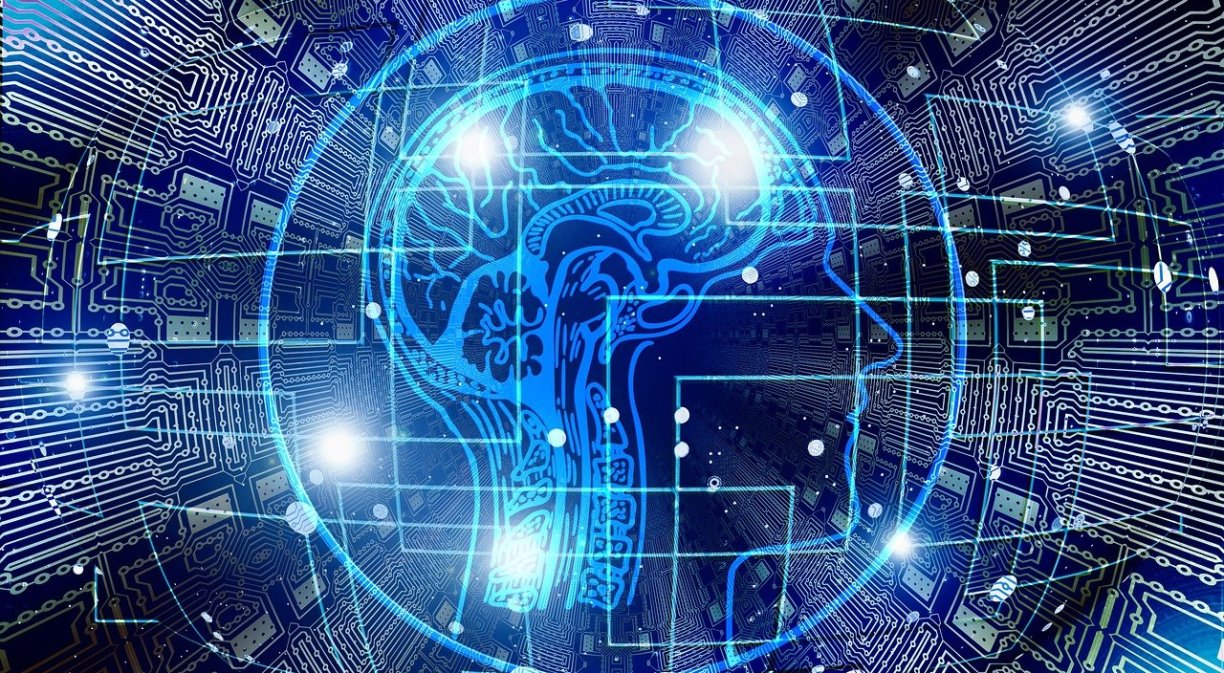What is ChatGPT?
After web3.0, API, wifi6, metaverse or blockchain, the word ChatGPT seems another of those tech geeks term (as the word ADSL was in its day). But in reality, it is within everyone’s reach: it is simple, full of possibilities and free.
ChatGPT allows anyone to get a structured written text on any topic and in any style (including programming language), in reply to a question or an article. It is probably one of the most important and influential technologies to have come to market in 2022. Just try it!
The language is our most advanced tool to think, to convey ideas, to create and to persuade. If you ask this Artificial Intelligence bot from Open AI it explains: “GPT or Generative Pretrained Transformer is a type of large language model that has been trained to generate human-like text. It can be used for a variety of natural processing tasks, such as language translation, summarization, and text generation”.
The tool does not browse the internet and the initial information to train the AI was from before 2021. There are still many open questions such as what is allowed or not, how it is trained, how the current data is collected and used or what the business model could be based on (e.g. APIs).
Amazing possibilities democratising the creation of written language
ChatGPT has reached one million users in less than a week after its official launch in December. “We’re experiencing exceptionally high demand. Please hang tight as we work on scaling our systems” is a frequent response of the system in European afternoon hours.
We will show a light task of text generation in this post. But the possibilities for democratising the creation of written language seem amazing. Just as the printing press, the Internet and search engines have lowered the barriers to access information.
Will it put an end to the blank page syndrome? Creating exams or contents for teachers and essays for students, producing first drafts of letters, articles, posts, programmes, presentations, responding automatically to chats and in social networks, creating linguistic descriptions for art generation are some examples of utilities.
But ChatGPT also fails and generates erroneous, overconfident, and well-structured texts that are likely to mislead the reader. And try simply adding “be detailed”, “be positive”, “be negative” to be amazed by the results.
Social and policy implications
These AI tools will probably have important implications for society. Education may need to evolve to focus more on students asking questions and spotting mistakes and contributing with more original work. There are already first tools trying to detect text created by ChatGPT and prevent copying.
Disinformation may be easier to generate and harder to detect. This AI-generated text could reinforce bias. The algorithm and how the data is sourced, raises questions on privacy and intellectual property rights. Disputes over this AI-generated content rights could rise. These tools could impact jobs or assist workers.
The approach to the Artificial Intelligence debate requires a holistic view. Companies and policymakers need to work hand to hand to achieve the greatest benefit for society. Businesses have a responsibility to create and use AI tools in a way that takes into account the impact on societies, with accountability and transparency. And policymakers must facilitate innovation, while promoting trust and education.
ChatGPT self-created post
“Write a post (around 250 words) on how ChatGPT and Artificial Intelligence should be regulated. Include subtitles in sections”
Introduction
As Artificial Intelligence (AI) and Natural Language Processing (NLP) technologies continue to advance and become more widespread, there is a growing need to consider how they should be regulated. ChatGPT, a type of language model developed by Open AI, is one example of this technology that has the potential to revolutionize industries such as customer service and content creation, but also raises ethical and societal concerns.
Benefits of ChatGPT
ChatGPT can significantly improve the efficiency and effectiveness of customer service operations by automating responses to frequently asked questions, freeing up human customer service representatives to handle more complex inquiries and issues. This can lead to better overall customer satisfaction and reduce the workload of human employees. ChatGPT can also be used for content creation tasks, saving time and resources for businesses and individuals.
Ethical Concerns of ChatGPT
There are concerns that ChatGPT could be used to spread misinformation or propaganda, or to automize tasks currently performed by humans, leading to job loss and economic displacement.
Regulating ChatGPT
To address these ethical concerns, ChatGPT and other AI technologies could be regulated through transparency, guidelines for ethical use, and industry self-regulation. Companies could be required to disclose the use of AI technologies, guidelines could be established for acceptable uses, and industries could self-regulate through codes of conduct. It will be important for stakeholders to come together to ensure the responsible and ethical use of these technologies.
